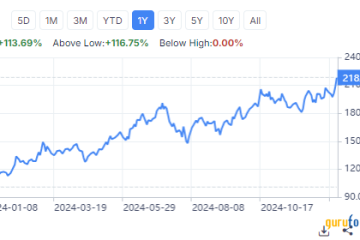Understanding Gen Z: Traits and Their Impact on Society

Introduction
Generation Z, commonly referred to as Gen Z, encompasses individuals born between the mid-1990s and early 2010s. With an estimated 32% of the global population falling within this demographic, Gen Z’s unique characteristics and perspectives are reshaping cultural, technological, and economic landscapes. Their profound impact on society has ignited discussions among health professionals, educators, and marketers, making it crucial to understand their values, behaviors, and aspirations.
Characteristics of Gen Z
Gen Z is often recognized for their strong digital proficiency, having grown up in the age of the internet and smartphones. This generation is marked by their ability to access information rapidly, communicate through various social media platforms, and participate in online activism. According to recent research conducted by McKinsey, more than 90% of Gen Z members report spending their time online, primarily on social media platforms like TikTok, Instagram, and Snapchat.
Moreover, this generation is exceptionally diverse and advocates for inclusivity and social justice. According to a study by Pew Research, 48% of Gen Z members identify as non-white, which significantly influences their perspectives on equity and representation. They prioritize sustainability and ethical consumerism, often favoring brands that resonate with their values over traditional marketing tactics.
Recent Trends and Influence
Gen Z has also revolutionized the workforce, bringing unique expectations to the workplace. Many emphasize work-life balance, mental health, and professional development. A 2023 survey by Deloitte revealed that 83% of Gen Z workers seek employers that prioritize mental health support and workplace inclusivity. As companies adapt to attract and retain this generation, an increasing number are implementing flexible work arrangements and wellness programs.
In education, the impact of Gen Z is evident as they challenge traditional learning methods. With their affinity for technology, online learning and hybrid models have gained traction. Scaling access to knowledge through digital platforms has pushed educational institutions to evolve, offering more diverse curricula that promote critical thinking and creativity.
Conclusion
As Gen Z continues to grow and establish its presence, their influence on society will likely deepen. Marketers, educators, and employers must actively engage with this generation, understanding their values to effectively connect. Moving forward, we can expect to see shifts in corporate policies, educational frameworks, and social norms shaped by Gen Z’s collective voice. Acknowledging their perspectives is essential for cultivating a harmonious dialogue between generations while fostering a landscape ripe for innovation and progress.









